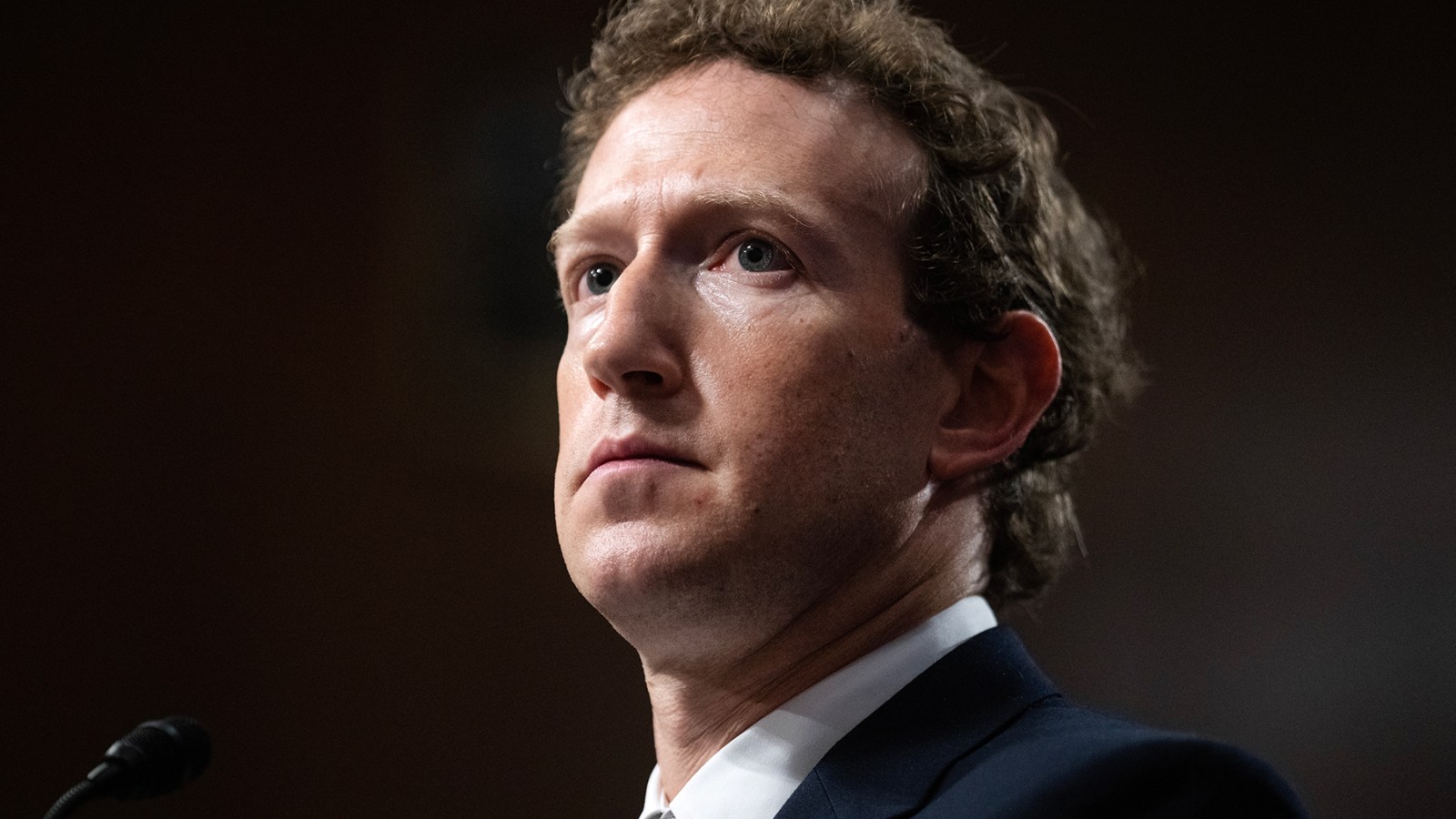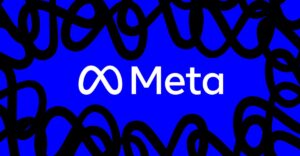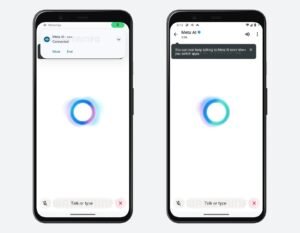Zuckerberg Seemed Aware of Meta’s AI Training Using Unauthorized Library

The Impact of Copyright Issues on AI Development at Meta
The rapid advancement of artificial intelligence (AI) has raised important questions around copyright and data ownership. As large tech companies like Meta work to develop models such as ChatGPT, they often rely on existing texts and data. However, recent developments indicate that Meta may have navigated these waters with questionable practices, particularly in regards to its use of copyrighted materials.
The Class-Action Lawsuit Against Meta
A class-action lawsuit has been initiated by authors Christopher Golden, Richard Kadrey, and comedian Sarah Silverman, who allege that Meta utilized their copyrighted works without permission. The allegations have emerged following the release of internal communications that suggest high-level discussions within Meta about the use of unlicensed data from Library Genesis (LibGen). LibGen is an extensive database offering free downloadable eBooks and academic papers, much of which is otherwise inaccessible due to paywalls.
Internal Concerns at Meta
According to unsealed court documents, Meta employees had acknowledged the pirated nature of LibGen’s dataset in their internal discussions. For instance, an email from Sony Theakanath, a product management director, encapsulated the tension surrounding this decision, noting that CEO Mark Zuckerberg had approved the use of LibGen for improving Llama, the company’s large language model. Interestingly, the same email highlighted that Meta’s team had agreed on various mitigations to protect the company’s reputation, indicating a conscious awareness of the potential backlash from using pirated material.
Legal Implications of Using Pirated Data
The internal correspondence included references to the legal dangers and negative media attention Meta could face from external entities discovering their use of LibGen data. The communications emphasized that there are growing concerns among lawmakers in the U.S. and EU about AI developers using such pirated platforms for training purposes. Employees expressed unease that public awareness of their practices could lead to further legislative scrutiny and damage to Meta’s reputation.
Methods of Data Processing
In addition to discussing the ethical dilemmas, Meta’s employees also devised techniques to filter out recognizable copyright indicators from the LibGen dataset. They aimed to remove textual markers such as “ISBN,” “Copyright,” and “©,” indicating a deliberate effort to obscure the origins of the content. According to memos, the materials from LibGen were considered high-quality data, which added value for Meta’s AI training purposes despite the legal uncertainties surrounding its use.
Alternative Methods of Data Acquisition
Internal messages revealed that the team was also exploring alternative methods to acquire the LibGen data without directly downloading it through corporate networks. One engineer even noted feeling uncomfortable with the idea of torrenting data from a corporate device, reflecting an underlying tension about the legality of their actions. However, it was ultimately acknowledged that some of the SciMag data had indeed been torrented, further complicating Meta’s legal stance.
The Broader Implications for AI Companies
These revelations shed light on the legal landscape that AI companies are navigating. The internal discussions at Meta appear to undermine the argument that their use of copyrighted material could qualify as "fair use," a concept often cited in legal defenses surrounding the use of copyrighted texts. The plaintiffs in the lawsuit have pointed out that Zuckerberg himself acknowledged the serious implications of using pirated resources.
Meta, which recently announced layoffs affecting around 5% of its workforce, is not the only major tech player facing scrutiny over copyright issues. The outcomes of this case could set significant precedents for other ongoing lawsuits against AI companies related to copyright infringement across various forms of content, including art, music, and journalism. As the race for AI advancement continues, the industry will remain dependent on original content creators, who face the risk of their work being used without proper acknowledgment or compensation.




